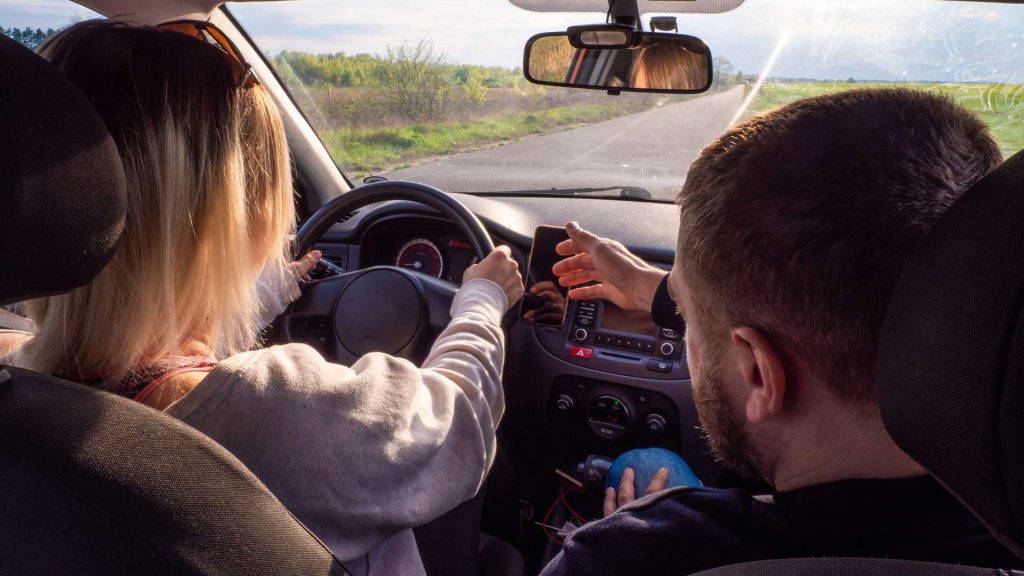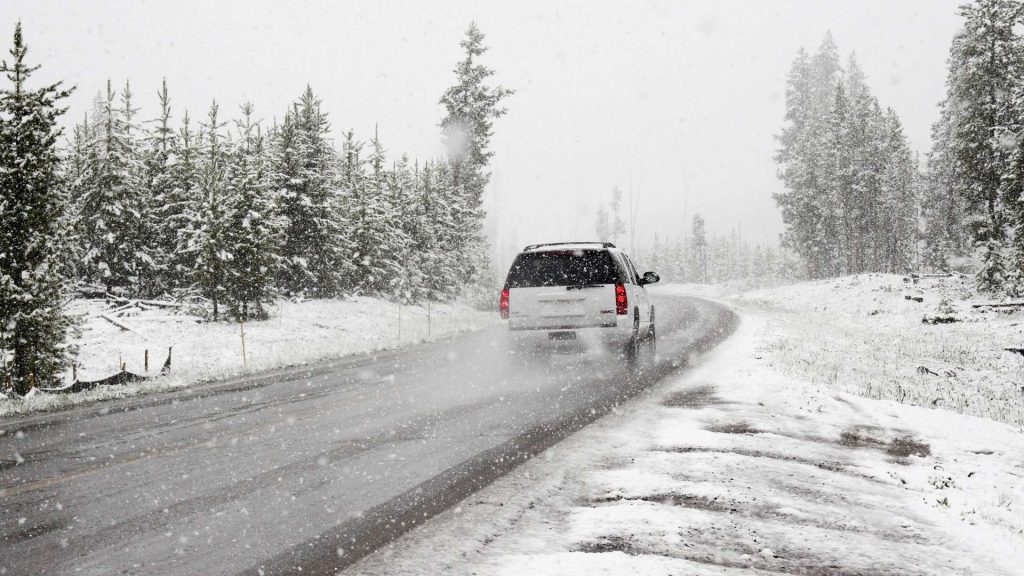
Driving comes with its own set of challenges, and no matter how experienced you are, emergencies can arise unexpectedly. Knowing how to handle these situations calmly and effectively can make a significant difference in ensuring your safety and the safety of others on the road. In this blog, we will discuss common emergency situations and provide actionable tips to handle them with confidence.
1. Tire Blowout
A tire blowout can be a frightening experience, especially at high speeds.
What to Do:
- Stay Calm: Avoid panicking and keep a firm grip on the steering wheel.
- Avoid Braking Suddenly: Instead of slamming the brakes, gradually ease off the accelerator.
- Steer Straight: Keep the vehicle moving straight while slowing down.
- Pull Over Safely: Once you’ve reduced your speed, carefully steer to the side of the road.
- Replace the Tire: Use your spare tire if you know how to replace it or call for roadside assistance.
2. Brake Failure
Brake failure is rare but dangerous. Recognizing the signs and acting quickly is crucial.
What to Do:
- Downshift Gears: If driving a manual car, shift to a lower gear to use engine braking. In automatic cars driving, use the “L” or “2” gear setting.
- Pump the Brake Pedal: If you have standard brakes, try pumping the pedal to build pressure.
- Use the Emergency Brake: Gradually apply the handbrake but do so gently to avoid locking the wheels.
- Signal Your Problem: Turn on your hazard lights and honk the horn to alert other drivers.
- Steer Safely to a Stop: Find a safe place to stop, such as a shoulder or an open area.
3. Skidding on Wet or Icy Roads

Skidding is common in wet or icy conditions and can lead to loss of control.
What to Do:
- Don’t Panic: Stay calm and avoid sudden movements.
- Ease Off the Gas: Take your foot off the accelerator.
- Steer Into the Skid: If the rear of your car is sliding left, gently steer left. This helps regain control.
- Avoid Braking: Sudden braking can make the skid worse.
4. Engine Overheating
An overheating engine can lead to severe damage if not addressed promptly.
What to Do:
- Pull Over Safely: Stop the car as soon as possible to prevent further overheating.
- Turn Off the Engine: Allow the engine to cool for at least 15-20 minutes.
- Check the Coolant: If you have coolant available, add it once the engine has cooled.
- Call for Assistance: If the problem persists, contact a mechanic or roadside assistance.
5. Sudden Animal Crossing
Ireland’s rural roads are known for occasional encounters with animals.
What to Do:
- Stay Alert: Scan the road ahead, especially in areas with warning signs for animals.
- Reduce Speed: Slow down if you see an animal near or on the road.
- Do Not Swerve: Swerving to avoid an animal can cause a collision with another vehicle or obstacle.
- Honk Lightly: Use your horn to alert the animal, but don’t startle it.
6. Losing Visibility in Fog or Heavy Rain
Sudden weather changes can significantly reduce visibility.
What to Do:
- Turn on Lights: Use low beams or fog lights; avoid high beams as they reflect off the fog or rain.
- Reduce Speed: Drive slower to give yourself more reaction time.
- Follow Road Markings: Use the road’s center or edge markings as a guide.
- Pull Over if Necessary: If visibility is too low, pull over to a safe spot and wait for conditions to improve.
7. Experiencing a Medical Emergency While Driving
If you or a passenger experiences a medical emergency, acting swiftly is vital.
What to Do:
- Pull Over Immediately: Find a safe place to stop the vehicle.
- Call Emergency Services: Dial 999 or 112 for medical assistance.
- Use Emergency Kit: If you have a first-aid kit, use it to provide initial care while waiting for help.
- Stay Calm: Reassure yourself or the affected passenger while help is on the way.
8. Dealing with a Vehicle Fire
Vehicle fires are rare but extremely dangerous.
What to Do:
- Pull Over Quickly: Stop the car and turn off the engine immediately.
- Evacuate Everyone: Get all passengers out of the car and move at least 30 meters away.
- Do Not Open the Bonnet: Opening it may fan the flames and make the fire worse.
- Call Emergency Services: Notify the fire department immediately.
Why GoDrive School of Motoring Is Your Best Choice
At GoDrive School of Motoring, we prepare our learners for every driving scenario, including emergencies. Here’s why we’re the best driving school in Galway, Ireland:
- Experienced Instructors: Our RSA-certified instructors are trained to teach practical skills for handling challenging situations on the road.
- Comprehensive Training: We don’t just teach you how to drive; we prepare you for real-life scenarios with advanced defensive driving lessons.
- Dual-Control Cars: Our vehicles are equipped with dual controls to ensure safety during practice.
- Personalized Lessons: We tailor lessons to suit each learner’s needs, ensuring they feel confident in any situation.
- Focus on Safety: Safety is at the core of everything we teach, empowering you to handle emergencies effectively.
Conclusion
Handling emergencies on the road requires preparation, composure, and quick decision-making. By following the tips outlined in this blog, you’ll be better equipped to manage challenging situations safely and effectively. At GoDrive, we believe that driving is not just a skill—it’s a responsibility. Join us to gain the confidence and expertise needed to navigate Ireland’s roads safely, no matter what challenges you face.
Stay safe, drive smart, and trust GoDrive to help you every step of the way!
